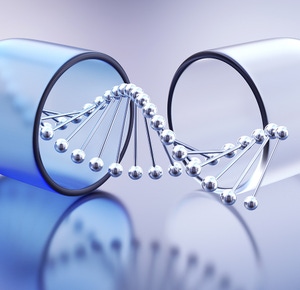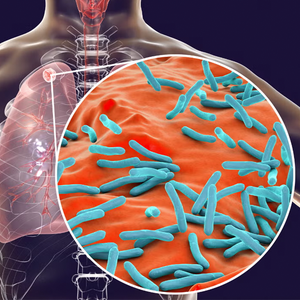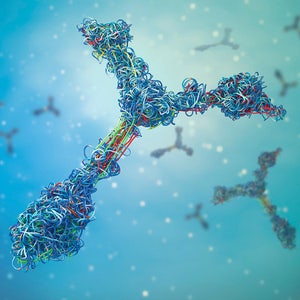
Psychosine Biochemical Assay
Psychosine Biochemical Assay
Psychosine Biochemical Assay
This test detects plasma psychosine.
| Test Code | B0028 |
|---|---|
| Test Summary |
This test detects plasma psychosine. |
| Turn Around Time | 3 days |
| Acceptable Sample Types | Dried Blood Spots , Whole Blood (EDTA) |
| Acceptable Billing Types | Institutional Billing , Self (patient) Payment |
| NY Approved | Yes |
| Self (patient) Price | $108.90 |
|---|---|
| Institutional Price | $108.90 |
**The CPT codes listed are in accordance with Current Procedural Terminology, a publication of the American Medical Association, and are provided for informational purposes only. CPT coding is the sole responsibility of the billing party.
This testing service has not been cleared or approved by the U.S. Food and Drug Administration. Testing services may not be licensed in accordance with the laws in all countries. The availability of specific test offerings is dependent upon laboratory location.
Test information
Test description
This test detects plasma psychosine activity that has been associated with Krabbe disease. Of note, psychosine is also elevated in saposin A cofactor deficiency which has a similar clinical phenotype to Krabbe disease.
Indications for testing
This test may be appropriate for diagnosing and monitoring disease progression and/or treatment response in individuals with Krabbe disease. Of note, this test can also be used to diagnose and monitor individuals with saposin A cofactor deficiency. Those with saposin A cofactor deficiency will have normal galactocerebrosidase (GALC) activity.
Condition description
Krabbe disease is associated with the demyelination of the nervous system and abnormal globoid cells in the brain. Age of onset is typically in infancy, although other forms occur later in life. The symptoms usually include muscle weakness, irritability, feeding difficulties, fever without infection, developmental delay, stiff posture, vision loss, and seizures. The infantile form of the disease causes death by age 2, and life expectancy is decreased in the later onset forms. The incidence of Krabbe disease is estimated to be ~1 in 100,000.
Test methods and limitations
Tandem mass spectrometry analysis can be coupled with liquid chromatography, a technique referred to as LC-MS/MS. In this methodology, chromatography is used to separate analytes of interest prior to measurement by the mass spectrometer. This separation reduces interference from matrix components and can also allow for the measurement of analytes that have the same mass (isobaric species), thereby improving analytical specificity compared to MS/MS.
Detailed sample requirements
Whole Blood (EDTA)
| Collection Container(s) |
EDTA (purple top) |
|---|---|
| Collection |
Infants (< 2-years): 2 to 3 mL; Children (>2-years): 3 to 5 mL; Older children and adults: Minimum 5mL. The blood tube should be inverted several times immediately after blood collection to prevent coagulation. |
| Sample Condition |
Store at ambient temperature. Do not refrigerate or freeze. |
| Shipping |
Ship overnight at ambient temperature ensuring receipt within 5-days of collection. |
| SPECIAL SAMPLE INSTRUCTIONS |
Clotted or hemolyzed samples are not accepted. |
Dried Blood Spots
| Collection Container(s) |
Dried blood spot card |
|---|---|
| Collection |
Follow kit instructions. Briefly, allow blood to saturate the card until indicated areas are filled and blood has soaked through the card. Air dry the card at ambient temperature for at least 3 hours.
|
| Sample Condition |
Follow the instructions provided with the collection set. Store the dried blood at ambient temperature for up to two days. If the specimen cannot be sent as soon as it is dry, the filter paper should be placed in a sealable plastic bag and stored in a refrigerator (≤ 8°C) or preferably in a freezer. |
| Shipping |
Follow kit instructions. Double bag and ship overnight at ambient temperature. |
Resources


How To Order
Choose Your Test
Select the correct test for your patient, and download and fill out the Clinical Genomics test requisition form.
Collect Sample
Obtain a sample for testing from the patient using one of the provided Revvity Omics test packs.
Send Samples
Send samples and all required forms back to Revvity for processing using pre-paid shipping label.
How can we help you?
We are here to answer your questions.







































